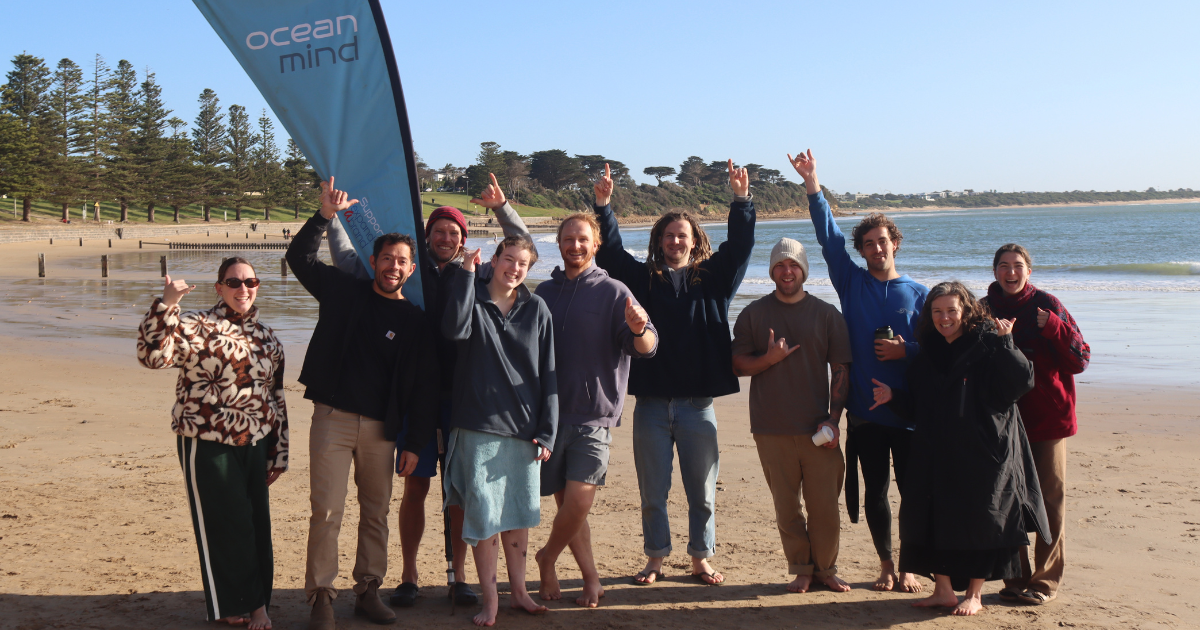Decision-making rules endorsed
SURF Coast Shire council has adopted new Governance Rules after consideration of 27 submissions, proposed amendments and councillor debate.
The draft rules, which guide council’s decision making and accountability, were exhibited to the public for 28 days and nine of the 27 submitters took their opportunity to speak at a Special Council Meeting in July.
Various changes were made to the draft following review of the submissions which called for more flexibility on wording of amendments to motions and changes to question time at council meetings, including an option for people to ask follow-up questions and for questions to be directed to councillors at the discretion of the chair.
During discussion on the Governances Rules at last week’s council meeting, Cr Heather Wellington and Cr Paul Barker supported changing the draft to allow councillors to bring a Notice of Motion (NoM) to the table and enable debate without a seconder.
Cr Wellington said it was democratic for minority views to be heard and she opposed the current rule that a NoM needed the support of two councillors to be debated.
She also told councillors that the two-councillor rule would be “quite redundant” because she and Cr Barker had an agreement that they would second any NoM even if they didn’t support it, so the issue could be aired.
Other councillors spoke against Cr Wellington’s amendment, which was lost 7-to-two, with Cr Liz Pattison saying the council had limited resources and the CEO and officers had to spend significant time researching NoMs.
Cr Pattison also questioned if it was “about democracy or is it about a single councillor grandstanding”.
Challenges with internet connections during the livestreaming then led to several attempts before the vote was recorded, with Cr Wellington dropping in and out, clarifying she did not want to vote against her own amendment.
Following the adoption of the Governance Rules, mayor Libby Stapleton said the aim of the rules was to strike a balance between productivity and participation.
“One of the perennial challenges in government is to ensure an appropriate level of community input whilst getting on with business,” said Cr Stapleton.
“Decisions at council meetings set the direction for much of the administration’s output and progress of reports tabled at meetings is necessary for officers to effect the work they do in the community.
“Of course, the other side of the ledger is ensuring council provides suitable opportunity for public participation.
“Question time and the debate prior to the vote on each item are important facets of this process and the changes provide more flexibility for members of the public and councillors in recognition of this fact.
“It is also worth noting that the content of reports to council are additionally informed by public feedback, including, where appropriate, formal community engagement activities.”


















